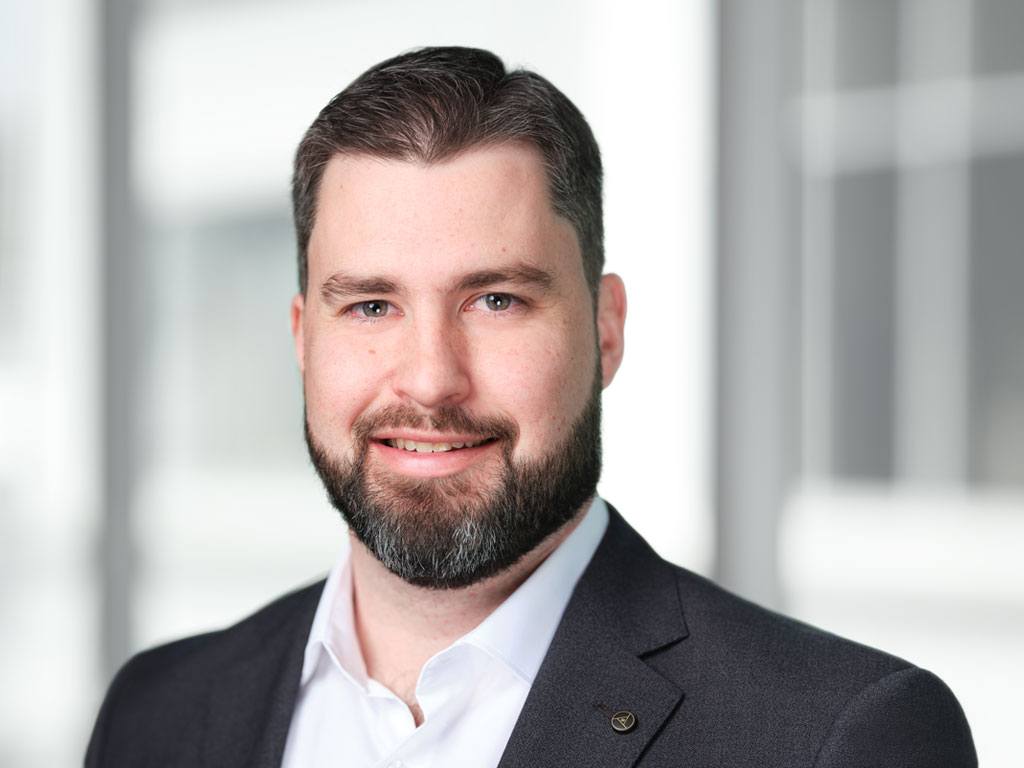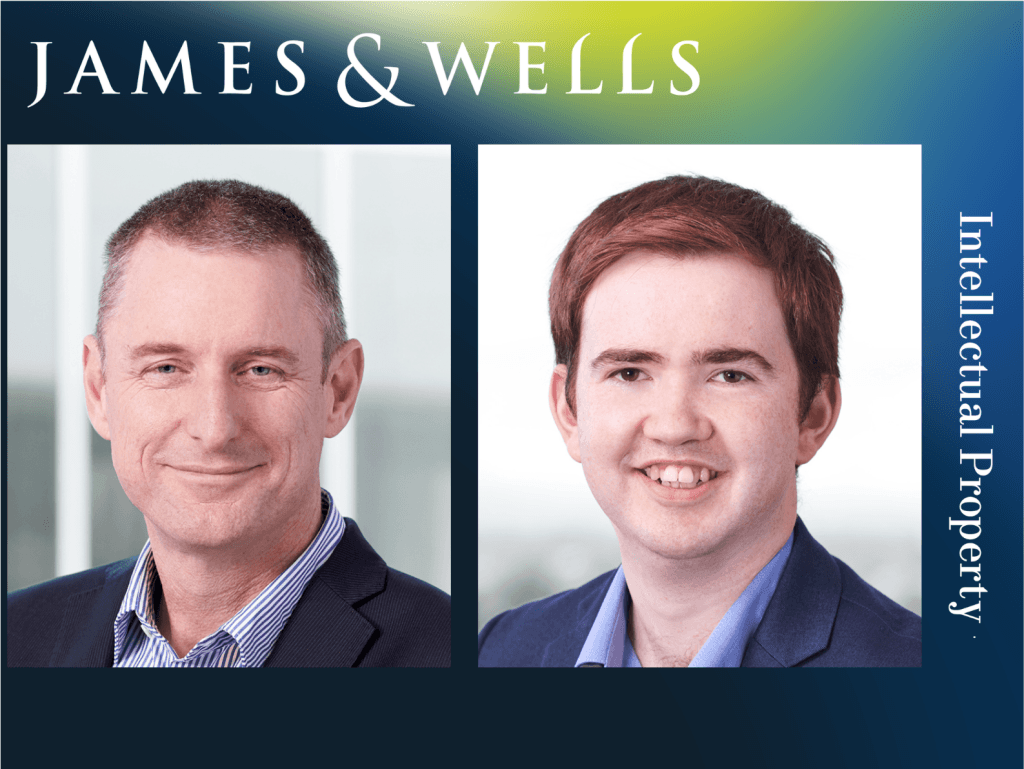The Intellectual Property Office of New Zealand (IPONZ) has traditionally been very strict when examining for double patenting, stricter than IP Australia for example. IPONZ examiners are quick to raise a “parent-divisional claim overlap” objection, under Regulation 82 of the Patents Regulations 2014 or Regulation 23(2) of the Patents Regulations 1954, against a divisional application with similar claims to its parent.
Two recent IPONZ decisions on aspects of Reg. 82 indicate that a more applicant-friendly approach could be on the horizon:
- Oracle International Corporation [2021] NZIPOPAT 5 (“Oracle”)
- Ganymed Pharmaceuticals GmbH et al. [2021] NZIPOPAT 6 (“Ganymed”)
Reg. 82 prescribes: “the divisional application must not include a claim or claims for substantially the same matter as accepted in the parent application” and Reg. 23(2) is very similar, allowing the Commissioner to require amendment to ensure neither application includes “a claim for matter claimed in the other”.
IPONZ has traditionally interpretated the meaning of “substantially the same matter” in Reg. 82 very broadly, making things difficult for applicants, and Reg. 23(2) was no easier.
With the Oracle and Ganymed decisions the tide may be turning in the applicant’s favour.
What is (or isn’t) “substantially the same matter”?
Two identical claims are clearly for substantially the same matter, and the Oracle decision unsurprisingly confirmed claims with only trivial differences in scope are still directed to substantially the same matter.
But what if a claim of a divisional application is broader than and wholly encompasses a claim of its parent application? IPONZ traditionally objects to this, forcing applicants to ensure each independent claim has a unique limitation. This is not always in the applicant’s best interest, for obvious reasons, and is different to the Australian approach of merely requiring some non-trivial difference in scope between the claims, even if one claim wholly encompasses the other.
In what may be a major departure from traditional IPONZ practice, in Oracle the Assistant Commissioner says at paragraph [39]:
“Respective claims of a parent and divisional are directed to “substantially the same matter” when they have substantially the same scope”.
But does it follow that, if two claims have different scope, then they are not for “substantially the same matter”? Paragraph [41] of Oracle hints that it does:
“If the claims … are such that an infringement of the first is an infringement of the second and an infringement of the second is an infringement of the first, then this is necessary and sufficient for the Commissioner to conclude that the first and second claims have the same scope.” (Emphasis added)
So, can a divisional application be used to obtain broader claims in New Zealand?
Following the Assistant Commissioner’s reasoning at paragraph [41] of Oracle, infringement of broader claims in a divisional application would not necessarily be an infringement of narrower claims in the corresponding parent application, meaning the claims would not have the same scope. The reasoning at paragraph [39] then suggests that the claims may therefore not be directed to “substantially the same matter” and may not fall foul of Reg. 82.
The Ganymed decision, also on double patenting, certainly supports this conclusion at paragraph [93]:
“There is no absolute prohibition in the Act on divisional applications having claims that are broader than those accepted in the parent patent.”
In paragraph [160] of Ganymed, when discussing amendments that were made in 2018 to Reg. 82, the Assistant Commissioner reinforces the point:
“I do not accept that a purpose of the amendment of the regulations was to introduce a limitation preventing divisional applications having broader claims than an accepted parent application. It runs against there being no such prohibition in the Act.”
Will IPONZ examiners now allow divisional claims that are broader than and wholly encompass parent claims? Only time will tell, but the Oracle and Ganymed decisions certainly seem to suggest that IPONZ may now allow it. Applicants that have obtained such claims elsewhere (notably Australia where the practice is allowed) may want to watch this space closely.










